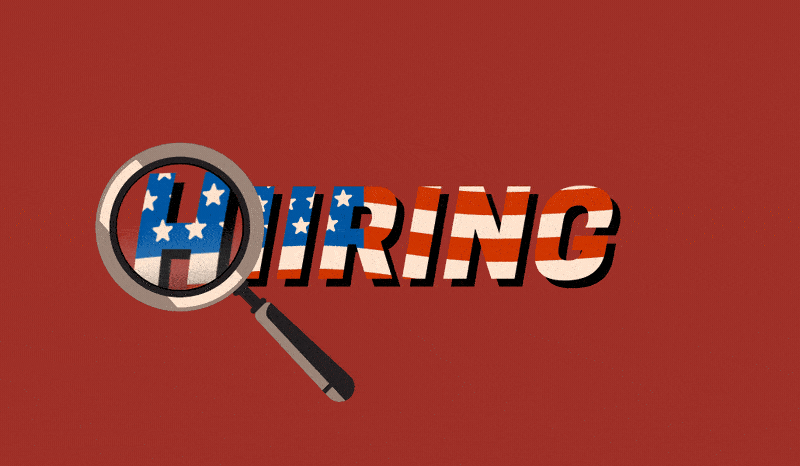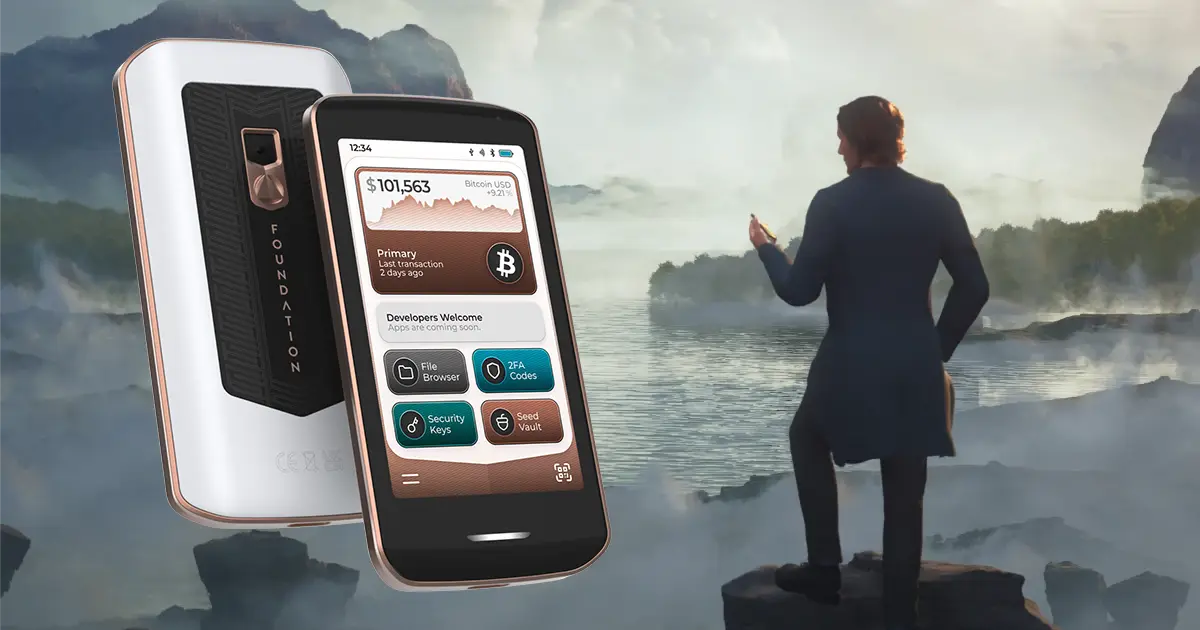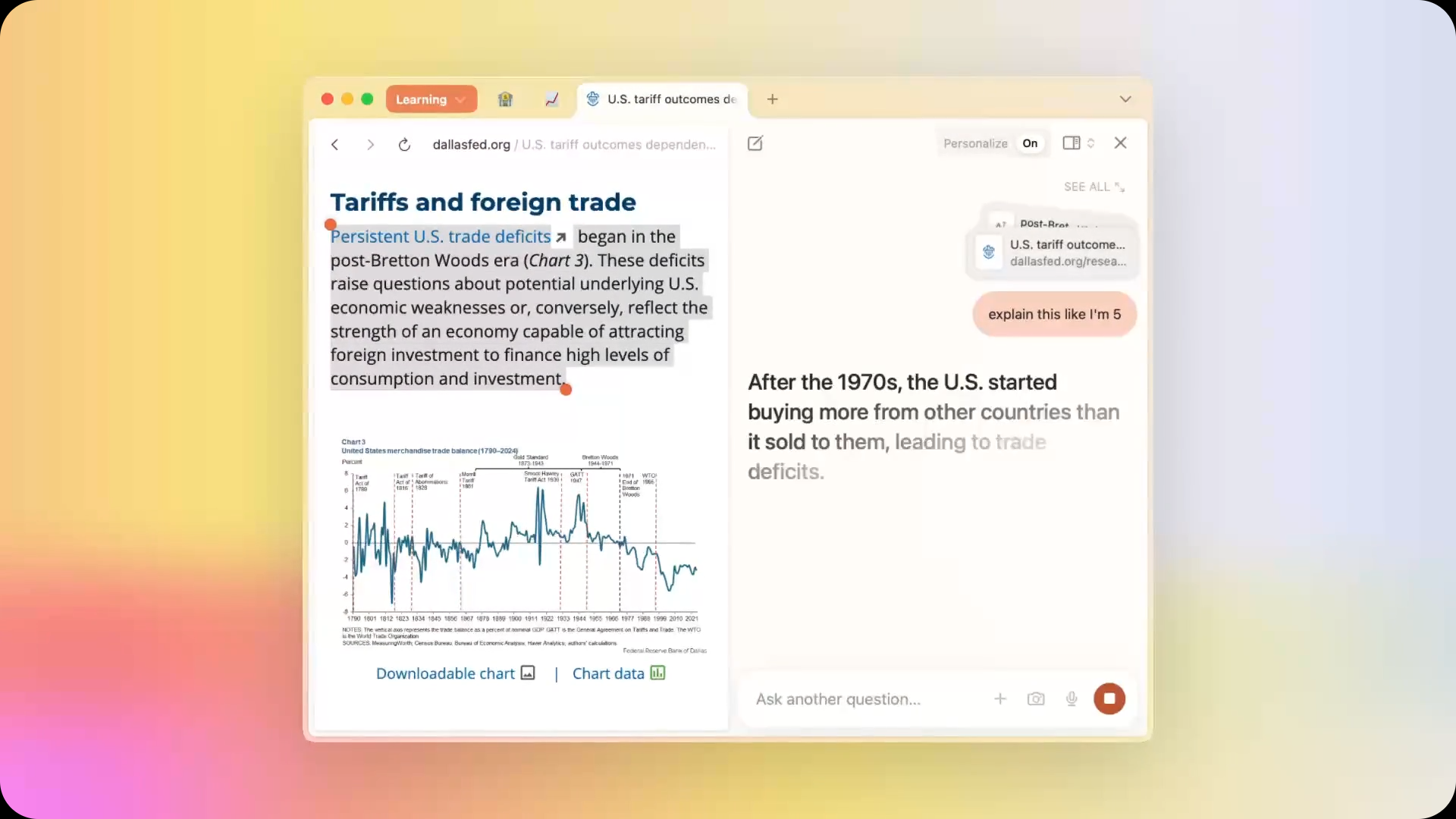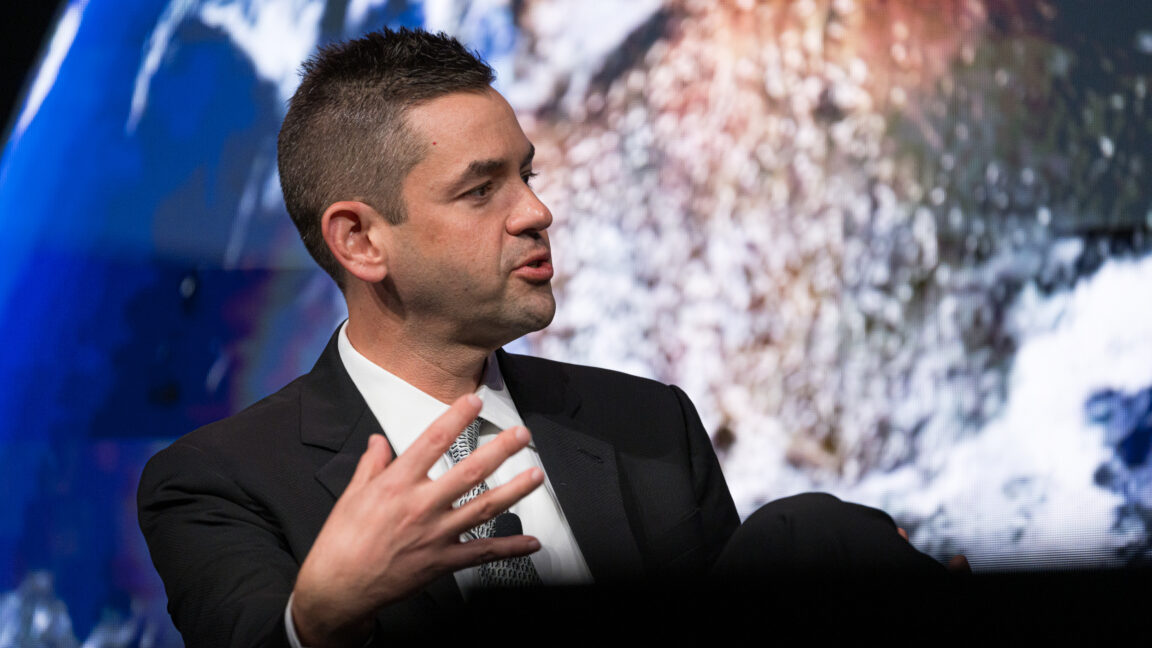OceanGate documentaries answer some questions about sub disaster — and leave others hanging
Nearly two years after OceanGate’s Titan submersible imploded during a dive to the Titanic, killing all five people aboard, two documentaries are bringing fresh perspectives to the disaster. But they also make clear that it’s too early to close the book on the tragedy and its aftermath. To call the failings of the Everett, Wash.-based venture a tragedy is particularly fitting, because both documentaries focus on the hubris of the tale’s central character, OceanGate CEO Stockton Rush. It was Rush who piloted the sub during its final journey — and who died alongside veteran Titanic explorer Paul-Henri Nargeolet, billionaire adventurer… Read More


Nearly two years after OceanGate’s Titan submersible imploded during a dive to the Titanic, killing all five people aboard, two documentaries are bringing fresh perspectives to the disaster. But they also make clear that it’s too early to close the book on the tragedy and its aftermath.
To call the failings of the Everett, Wash.-based venture a tragedy is particularly fitting, because both documentaries focus on the hubris of the tale’s central character, OceanGate CEO Stockton Rush. It was Rush who piloted the sub during its final journey — and who died alongside veteran Titanic explorer Paul-Henri Nargeolet, billionaire adventurer Hamish Harding, and Pakistani-born business executive Shahzada Dawood and his 19-year-old son, Suleman Dawood.
The basic facts of the case are laid out similarly in “Implosion,” now streaming on Discovery+ and HBO Max; and in “Titan,” which made its debut on Netflix today. But if you’re intrigued by the OceanGate saga, there are enough differences between the two shows to make it worth watching them both.
“Titan” puts more emphasis on insider accounts that trace how Rush and OceanGate went astray. That part of the story goes as far back as 2013, when the University of Washington’s Applied Physics Laboratory and Boeing engineers worked with OceanGate’s team on the sub’s design and preliminary testing of the carbon-fiber hull. Videos of the tests show engineers being startled when a subscale prototype for the hull imploded with a bang in a test chamber.
As time went on, UW and Boeing eventually parted ways with Rush. Why? During a hearing conducted last year by the Coast Guard, Boeing’s Mark Negley told investigators that “maybe we were too expensive” — but the evidence laid out in “Titan” suggests that Rush wasn’t happy with the bad news he was getting, and wanted to bring the engineering operation completely in-house.
Other videos, recorded during the dives leading up to the fatal failure, document the pops and bangs that emanated from the hull as the sub descended — sounds that reminded me of kernels cracking in a popcorn popper.
Stockton Rush was able to keep a tight lid on the carbon-fiber controversy — even when veteran sub pilot David Lochridge submitted a damning report in 2018 about the flaws he saw. Former engineering head Tony Nissen explained why in his “Titan” interview: “Stockton told me it would be nothing for him to spend $50,000 to ruin somebody’s life.”
Faced with a lawsuit and potential financial ruin, Lochridge decided to keep mum. He withdrew the whistleblower complaint he filed with the Occupational Safety and Health Administration.
Another interview cleared up a mystery I’ve been mulling over for quite a while. In 2019, Rush told me that year’s plans for Titanic dives had to be scrapped because of complications encountered with Titan’s mothership. The real reason for the postponement was that a crack had been discovered in the sub’s hull, and a new hull had to be fabricated — but OceanGate’s staff was told to keep that quiet.
Did Rush flat-out lie? “Coincidentally, the boat canceled as well,” said Emily Hammermeister, who was on the OceanGate engineering team at the time but later quit. That provided a technically true cover story for the crack.
Before the tragedy, Rush said an acoustic monitoring system embedded in Titan’s hull would provide sufficient advance warning if the hull was compromised. Jason Neubauer, who led last year’s Coast Guard hearing, noted that the system recorded a serious acoustic anomaly during an outing in 2022 known as “Dive 80.”
“The data changes significantly after Dive 80,” Neubauer told the filmmakers. “That’s where the real-time monitoring system could have been a huge benefit, because it is showing additional fibers are breaking. … It is really, in my mind, the smoking gun of what eventually caused this.”
Instead of bringing Titan back to Everett for inspection at the end of the 2022 expedition season, the sub was left out in a parking lot in St. John’s, Newfoundland, over the winter.
Neubauer and his fellow investigators get more screen time in “Implosion.” That documentary also features some eye-opening video and commentary from Josh Gates, who spent some time in 2021 in the Titan sub with Rush during a Puget Sound test dive. Gates is the host of a Discovery series called “Expedition Unknown,” and at the time, he was getting ready to do a show about OceanGate and the Titanic adventure.
“The dive was … interesting, in that nothing really worked right. Nothing,” Gates told the filmmakers. He said the experience was so dismaying that he told the president of the network to call off plans for the show.
Both shows offer reasons why Stockton Rush moved ahead with his plans despite all the warning signs. He clearly modeled himself after adventurous billionaires such as Elon Musk, Jeff Bezos and Richard Branson — all of whom broke with conventional wisdom and started up space ventures. Was he under pressure from OceanGate’s investors to make a splash on a different sort of frontier?
Rush didn’t take criticism well, as evidenced by some of the comments captured on tape during unguarded moments. Mark Harris, a Seattle investigative journalist who served as a consulting producer for “Titan.” suggested that Rush simply wouldn’t, or couldn’t, face up to failure.
“Stockton came to identify himself with OceanGate. He’s the guy who does this. He’s the guy who breaks through barriers to unlock the oceans to humanity,” said Harris, who is now working on a book about OceanGate. “If you criticize any aspect of that operation, you’re criticizing him personally.”
The story hasn’t yet reached its ending. The Coast Guard Marine Board of Investigation still has to issue its final report. Eventually, the federal government is likely to tighten regulations on commercial submersible operations. And we still haven’t heard much from the people who were closest to Stockton Rush — including his wife, Wendy Rush.
In a video clip that was recorded aboard Titan’s mothership and included in “Implosion,” Wendy Rush could be seen monitoring communications during the sub’s fatal dive. At one point, a muffled thud could be heard in the background. “What was that bang?” she asked.
Investigators believe that was the sound of Titan’s implosion.
Perhaps the biggest question has to do with liability for the tragedy. Nargeolet’s family filed a $50 million wrongful-death lawsuit last year, and additional civil lawsuits may follow. So far, no criminal charges have been filed in connection with the implosion, but in its final report, the Coast Guard investigative board may make recommendations to the Department of Justice relating to potential criminal liability.
Toward the end of “Implosion,” Neubauer suggested that Stockton Rush’s actions may have reached that bar. “Really, what we have here is not an accident,” he said. “It’s a potential crime.”
Fellow Coast Guard investigator Thomas Whalen agreed: “He knew the risks he was taking with that carbon-fiber hull and with the Titan. But he didn’t tell anybody else about those risks, because he had to make the money.”
GeekWire contributing editor Alan Boyle discussed the OceanGate story with the producers of “Titan” during the making of that documentary, and both documentaries include video clips from GeekWire. You’ll also see headlines from GeekWire stories flash onto the screen as you watch “Titan.” To see all those headlines, going back to 2016, check out GeekWire’s OceanGate archive.






![X Highlights Back-to-School Marketing Opportunities [Infographic]](https://imgproxy.divecdn.com/dM1TxaOzbLu_kb9YjLpd7P_E_B_FkFsuKp2uSGPS5i8/g:ce/rs:fit:770:435/Z3M6Ly9kaXZlc2l0ZS1zdG9yYWdlL2RpdmVpbWFnZS94X2JhY2tfdG9fc2Nob29sMi5wbmc=.webp)


















































































































































































